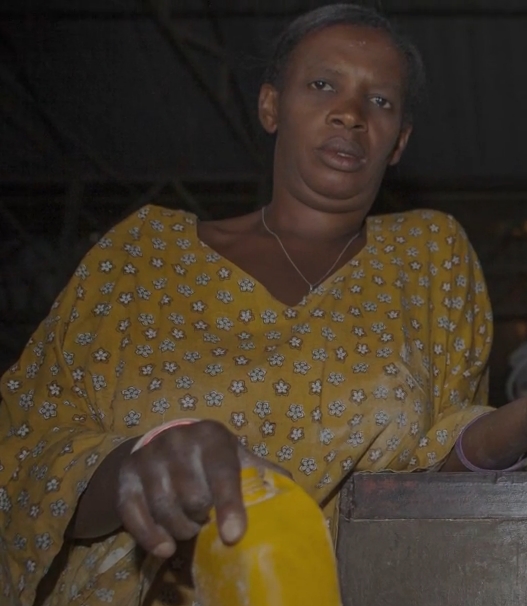
Initiated in October 2010, the Survivors Integration Project (SIP) supported HIV+ survivors with access to entrepreneurship training, counselling, legal aid and health support, as well as access to capital through a Loan Guarantee Fund (LGF) established with Urwego Opportunity Bank (UOB).
At its conclusion, Comic Relief agreed to a proposal from Survivors Fund (SURF) to reallocate the outstanding project balance of RWF 25 million (around £25,000), originally intended to bolster the LGF, but which was no longer required by UOB who agreed to increase the amount of loan capital available to SIP participants to FRW 100 million (around £100,000) without the need for additional guarantee. This has enabled us to reach more vulnerable survivors in membership of AVEGA Agahozo and Solace Ministries, resulting in an additional 955 individuals being trained in income generating activities (IGAs) over eight months, from October 2012 to May 2013.
Twenty two of the extension groups have received loans and are currently paying back loans secured from UOB, as well as other Microfinance Institutes (MFIs), in line with the recommendations of the SIP evaluation report – which advised that women should have a greater choice of loans, than just those made available through UOB. Additionally, all of the individuals contribute to group savings accounts, while maintaining and growing personal savings accounts too. The SIP extension period saw an increase in the number of MFIs we worked with, demonstrating greater confidence of those graduating from the training to work with MFIs independent of the LGF at UOB.
A short film on SIP beneficiaries
Ongoing monitoring of beneficiaries has demonstrated the sustainable growth of incomes among training participants, with most of the groups currently repaying the last round of loans. These previously trained individuals have used the higher income to invest in household improvements, enhance their savings and increase expenditure on food. Since the end of training, beneficiaries have increasingly requested for larger loans from UOB, but continue to maintain repayment rates. As a result, the repayment rate for loans from UOB remains to be incredibly high at 96%.
Of FRW 188 million disbursed now in total since the inception of SIP, there is a current default rate of only FRW 7.5 million. A default is recorded on a loan if repayments are overdue by over 15 days. However, it is expected that even this outstanding balance will be eventually repaid, though overdue, maintaining a repayment rate of 100%.
Challenges such as seasonal changes and difficulty of loan repayments continue to be mitigated with monitoring of loans and advising of small businesses by project staff and loan officers. In addition, advocacy for the ongoing support of genocide survivors has resulted in the successful replication of the SIP livelihood development model, enabling the government to scale up the approach so that thousands of more vulnerable women will access parallel support through FARG.
The results of this evaluation demonstrates the ongoing impact and overall reduction in poverty for the participants in the general SIP project, as well as the successful training and loans disbursed for new participants – with a total of 2,280 vulnerable survivors provided with livelihood development training. Once isolated, vulnerable and unable to be economically active, SIP participants have now transformed into confident business owners capable of taking control of their own lives.
Click here to read the full final report of the extension of the Survivors Integration Project.
